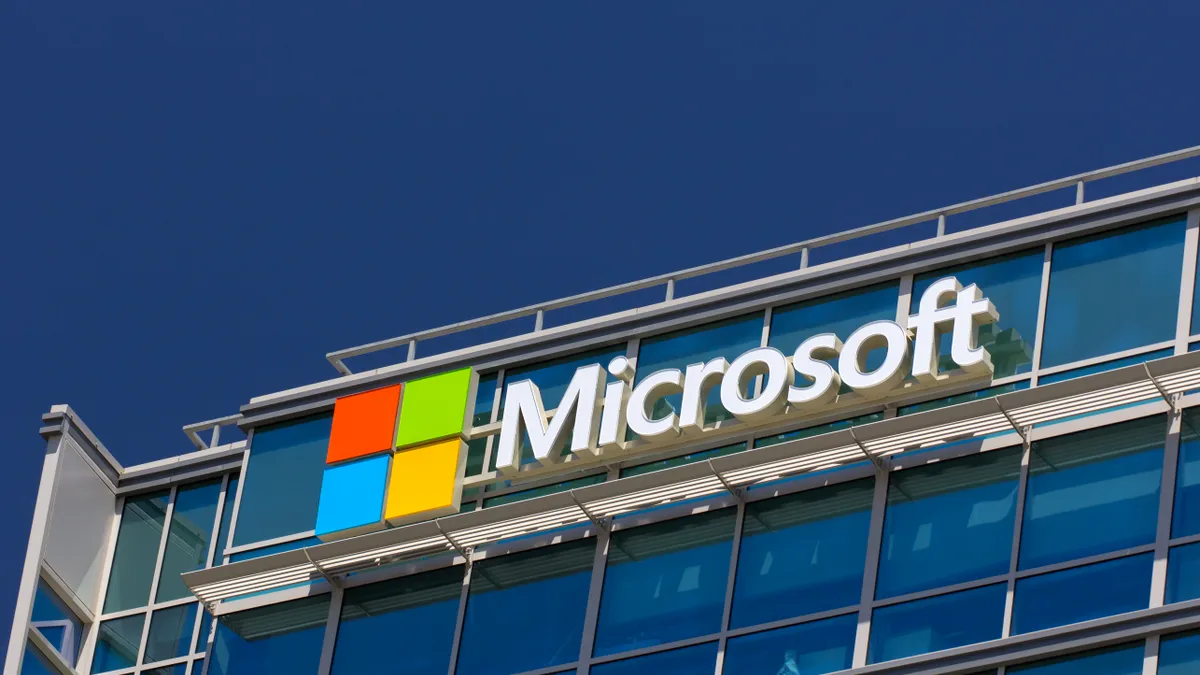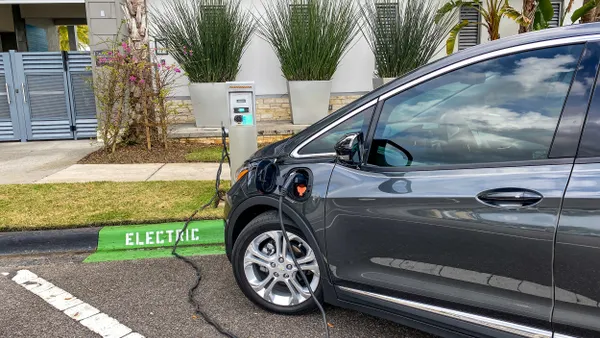Dive Brief:
- Microsoft will invest in Singapore-based ride-hailing and mobility service Grab as part of a strategic partnership that will see the two firms collaborate in areas like machine learning and artificial intelligence, according to an announcement from the two firms.
- Grab will use Microsoft products — including cloud computing platform Microsoft Azure — to support its offerings, which include ride-hailing, food delivery, electronic payments and financial services. Grab will also pilot Kaizala, an app for large group communications and work management, and the two companies will deploy in-car entertainment and productivity projects.
- Grab and Microsoft will collaborate on projects like mobile face recognition for drivers and passengers in ride-hailing, real-time translation services, fraud detection and even image recognition and computer vision technologies that could allow Grab passengers to take a picture of their current location and allow a driver to find it by image alone.
Dive Insight:
The investment marks another deal between tech and mobility companies, as the latter see the need for artificial intelligence (AI) and machine learning to expand their offerings. Likewise, tech firms see an outlet for their big data platforms and tools like internet of things (IoT) devices in mobility as cities embrace smart offerings. Just last week, Toyota and SoftBank reached a partnership on autonomous driving technology, including fleet shuttles and business-focused vehicles.
Peggy Johnson, executive vice president of Microsoft, said in a statement that the partnership "opens up new opportunities to innovate in both a rapidly evolving industry and growth region."
"We’re excited to team up to transform the customer experience as well as enhance the delivery of digital services for the millions of users who rely on Grab for safe and affordable transport, food and package delivery, mobile payments, and financial services," she added.
Microsoft and Grab are eyeing some potentially cutting-edge applications of AI to mobility, especially around image recognition. Facial recognition is seen as a potential security upgrade to ride-hailing services, a way to verify the identity of both the driver and passenger (Uber tested a similar approach in partnership with Microsoft, although that required passengers to take a picture before getting in a car).
Being able to take a photo of surroundings would help passengers in areas where location sensing is tricky, or with hard-to-find entrances. Grab will also upgrade its map quality and creation, an application that will not only help drivers, but could help cities themselves upgrade their data.











